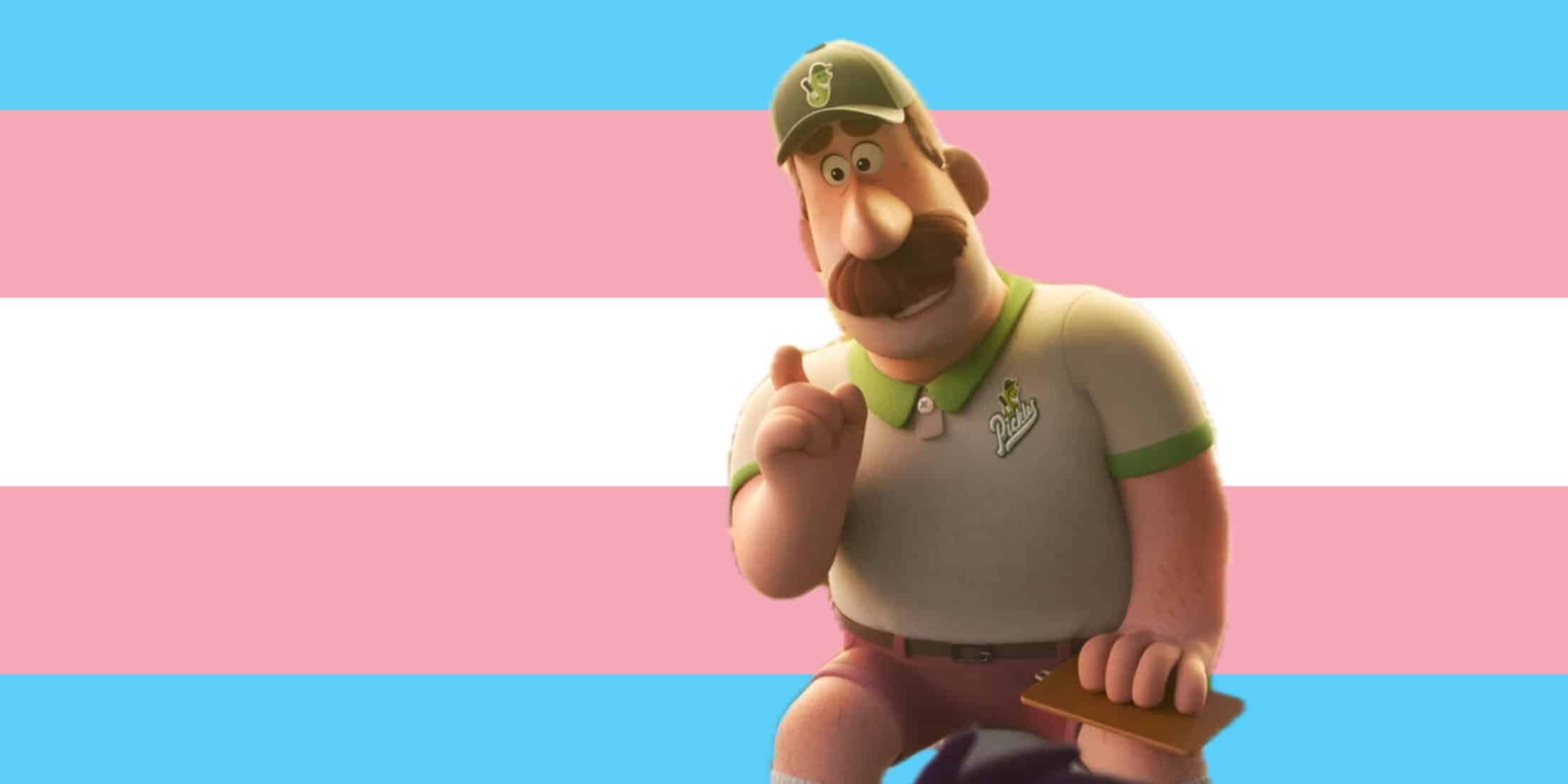When Disney Pixar Studios’ long-anticipated animated series Win or Lose finally hits Disney+ on February 19, 2025, it won’t just be making headlines for its storytelling and animation.
The buzz surrounding this co-ed middle school softball series took a sharp turn after two explosive controversies collided—leaving fans and critics alike questioning the media giant’s creative and ethical decisions.
First came the quiet removal of a transgender storyline, sparking widespread concern about censorship and representation. Then, like a fastball no one expected, came a lawsuit filed by a real-life baseball team who claim Pixar plagiarized their name and mascot.
So how did a lighthearted kids’ show about softball spiral into a double-headed media firestorm?

Disney Pixar: An Animated Series With Big Promises—and Bigger Setbacks
At its core, Win or Lose centers around the “Peaks Valley Pickles,” a lovable middle school team training for a big championship game. Each of the eight episodes highlights a different character’s personal story—from teammates to coaches to umpires—giving the show a heartfelt, multi-perspective storytelling format.
Initially celebrated for its unique narrative structure and Pixar’s signature emotional depth, Win or Lose was poised to become a standout addition to Disney+’s 2025 lineup.
However, an exclusive from The Hollywood Reporter revealed something troubling: Pixar had quietly removed a transgender storyline that was supposed to appear in a later episode.
According to a Disney spokesperson, while the transgender character remains in the show, “a few lines of dialogue” referencing gender identity were cut. The studio’s justification? Giving parents the choice to handle such topics “on their own terms and timeline.”
It’s not the first time Disney and Pixar have found themselves at odds with LGBTQIA+ representation.
Scenes featuring same-sex relationships have been altered or removed in recent films like Turning Red (2022) and Lightyear (2022), while Strange World (2022) made headlines for featuring Pixar’s first openly gay teen lead. The result is an ongoing perception that Disney is wavering under pressure, trying to toe a line between inclusive storytelling and appeasing vocal critics.

Real Pickles, Real Problems
But the drama doesn’t end with creative decisions.
In a twist worthy of its own episode, Disney is now being sued by the Portland Pickles, a real-life summer league baseball team from Oregon. The team, which has been playing since 2016 and boasts a pickle mascot named Dillon, claims Pixar’s fictional “Peaks Valley Pickles” bear an uncanny resemblance to their brand.
According to a new report from The Seattle Times, the Portland Pickles filed a federal lawsuit in Oregon, accusing Disney of copyright infringement and alleging that the company intentionally and brazenly capitalized on a brand identity that’s been cultivated for nearly a decade.
The lawsuit zeroes in on the Pickles name, the team logo, and merchandise sold by Disney featuring a green pickle in a baseball uniform—imagery nearly identical to the Portland team’s existing trademarks.
The team’s official filing asserts:
“Disney’s actions were not only intentional but brazen, leveraging their outsized market power to appropriate a brand identity with a decade of goodwill and fan devotion behind it.”
The lawsuit seeks unspecified punitive damages and an official ruling that Disney “engaged in willful trademark infringement.”

A Larger Battle Behind the Screen
Beyond the surface-level disputes lies a deeper question: Is Disney truly listening to the audience it claims to represent?
The back-to-back controversies signal a company caught in a crossfire—one where corporate decisions around representation, branding, and originality are under intense scrutiny. For a brand that once prided itself on “believing in magic,” the latest developments suggest that Disney’s magic may now come with fine print, legal disclaimers, and cautious rewrites.
This also arrives amid a broader cultural moment. With streaming platforms under pressure to produce inclusive, original content, the line between authentic storytelling and performative box-checking is becoming harder to define. Disney is no stranger to walking this tightrope—but in the case of Win or Lose, the balancing act appears to have failed on both ends.

What’s Next for Disney Pixar Studios’ ‘Win or Lose’?
Despite the controversy, Win or Lose will debut as planned on February 19, 2025, and many are still looking forward to its character-driven episodes and emotional themes. But the buzz surrounding the series is no longer about just the animation or story arcs—it’s about how a media empire navigates representation, accountability, and originality in the digital age.
Will Pixar respond to the lawsuit or reinstate the cut dialogue? Can the show rebound from its rocky pre-launch press? Or is Win or Lose destined to become a cautionary tale in Disney+ history?
Whatever happens next, one thing is clear: This isn’t just a story about a kids’ softball team—it’s a reflection of the high-stakes game playing out behind the scenes in Hollywood today.
